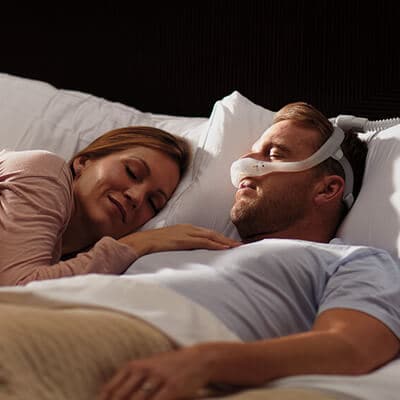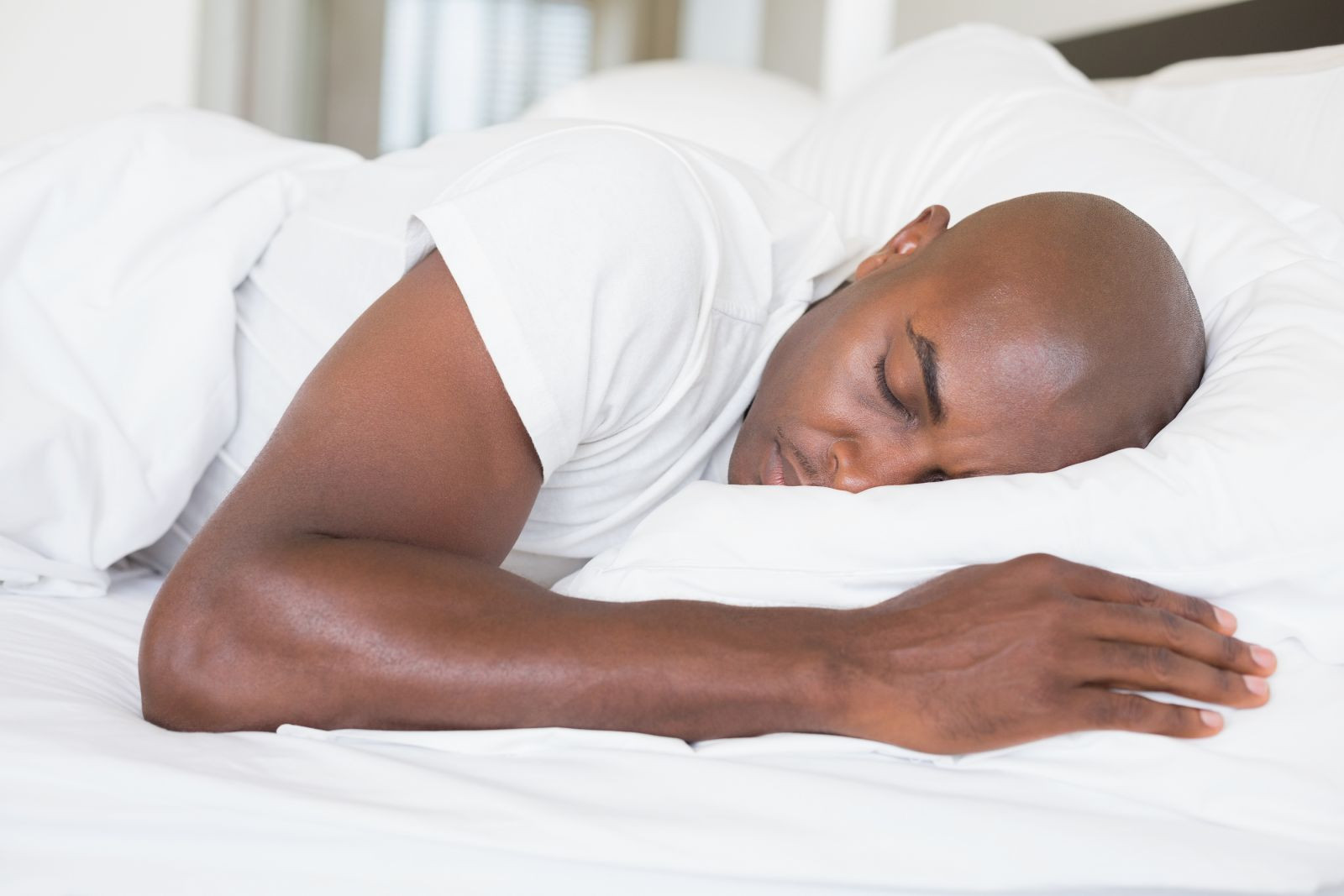Advanced Sleep Therapy - Accomplish Deep, Relaxing Sleep
Advanced Sleep Therapy - Accomplish Deep, Relaxing Sleep
Blog Article
Reliable Therapy Solutions for Managing Sleep Disorders and Enhancing Restful Rest
In the realm of healthcare, the management of rest disorders and the mission for peaceful rest are pivotal elements of general wellness. As we browse the detailed landscape of rest conditions and look for to boost our sleep experience, a deeper understanding of these treatment services might hold the key to opening a more relaxing and satisfying corrective trip.
Cognitive Behavior Modification for Sleeplessness (CBT-I)
Cognitive Behavior Treatment for Sleeplessness (CBT-I) is a structured, evidence-based treatment technique that concentrates on dealing with the hidden elements adding to sleep disruptions. This type of therapy aims to customize habits and ideas that aggravate sleep problems, inevitably promoting healthy rest patterns. CBT-I usually entails several vital parts, consisting of cognitive therapy, sleep limitation, stimulation control, and rest hygiene education.
Cognitive therapy assists people identify and change unfavorable thought patterns and ideas concerning rest that may be preventing their capability to drop or remain asleep. Rest restriction involves restricting the quantity of time spent in bed to match the individual's real sleep period, therefore boosting sleep efficiency (insomnia therapy). Stimulation control methods help develop a strong association between the bed and sleep by encouraging people to head to bed only when drowsy and to prevent participating in promoting activities in bed
Additionally, sleep hygiene education and learning concentrates on creating healthy rest practices, such as keeping a consistent rest schedule, creating a relaxing going to bed routine, and optimizing the rest atmosphere. By attending to these aspects thoroughly, CBT-I provides an effective non-pharmacological intervention for managing insomnia and enhancing overall sleep top quality.
Sleep Health Practices
Having actually developed the foundation of cognitive restructuring and behavioral modifications in resolving sleep problems through Cognitive Behavior modification for Sleeplessness (CBT-I), the focus now changes in the direction of checking out vital Rest Hygiene Practices for keeping optimal sleep high quality and total health.
Rest hygiene methods encompass a series of practices and environmental factors that can significantly influence one's capacity to drop asleep and stay asleep throughout the night. Constant rest and wake times, creating a relaxing going to bed regimen, and maximizing the rest environment by maintaining it dark, quiet, and cool are essential components of great sleep health. Restricting direct exposure to screens before going to bed, staying clear of stimulants like high levels of caffeine near bedtime, and participating in regular physical task throughout the day can also promote far better rest quality.
In addition, exercising relaxation strategies such as deep breathing workouts or meditation before bed can aid soothe the mind and prepare the body for sleep. By including these rest hygiene techniques right into one's everyday routine, people can establish a healthy and balanced rest pattern that supports relaxing sleep and overall wellness.
Relaxation Strategies and Mindfulness
Applying leisure techniques and mindfulness methods can play a pivotal duty in fostering a feeling of calmness and advertising top quality sleep. In addition, guided imagery can assist transfer individuals to a relaxed area in their minds, assisting in tension decrease and improving sleep high quality.
By incorporating these practices into a going to bed regimen, people can signify to their bodies that it is time to prepare and unwind for sleep. Generally, integrating leisure strategies and mindfulness practices can considerably add to managing sleep conditions and improving overall sleep top quality.

Medication Options for Sleep Disorders
After discovering leisure methods and mindfulness methods as non-pharmacological treatments for boosting sleep high quality, it is vital to consider important site medicine alternatives for people with sleep problems. In cases where way of living modifications and therapy do not supply enough relief, medication can be a valuable device in taking care of sleep disturbances.
Generally suggested medicines for sleep conditions include benzodiazepines, non-benzodiazepine hypnotics, antidepressants, and melatonin receptor agonists. Benzodiazepines, such as diazepam, are sedatives that can help cause sleep, however they are typically advised for short-term usage as a result of the risk of dependence. Non-benzodiazepine hypnotics like zolpidem are also used to deal with sleeping disorders and have a reduced threat of reliance contrasted to benzodiazepines. Antidepressants, click over here now such as trazodone, can be beneficial for people with co-occurring depression and rest disruptions. Melatonin receptor agonists, like ramelteon, target the body's all-natural sleep-wake cycle and can be valuable for regulating rest patterns.
It is crucial for individuals to speak with a health care supplier to determine one of the most suitable medicine option based upon their specific rest disorder and case history.
Light Therapy for Body Clock Guideline
Light therapy, additionally understood as photo-therapy, is a non-invasive treatment method made use of to manage circadian rhythms and boost sleep-wake cycles. This therapy entails direct exposure to intense light that simulates natural sunshine, which helps to reset the body's body clock. By subjecting individuals to details wavelengths of light, commonly in the morning or night depending on the preferred result, light therapy can successfully readjust the circadian rhythm to promote wakefulness throughout the day and boost peaceful rest during the night.
Study has actually revealed that light treatment can be especially helpful for individuals with body clock disorders, such as delayed sleep stage syndrome or jet lag. It can likewise be helpful for those experiencing seasonal affective problem (SAD), a sort of anxiety that typically happens throughout the winter season when all-natural light exposure is lowered. Light treatment is normally well-tolerated and can be made use of in combination with other therapy methods for sleep disorders to optimize end results and enhance total rest top quality.
Final Thought
To conclude, reliable sleep arousal disorder treatment options for taking care of rest disorders and boosting relaxing sleep consist of Cognitive Behavioral Treatment for Insomnia (CBT-I), rest health methods, relaxation techniques and mindfulness, medicine choices, and light treatment for body clock law. These strategies can help people enhance their sleep top quality and overall wellness. It is necessary to speak with a doctor to determine the most appropriate method for attending to rest concerns.
As we browse the detailed landscape of rest disorders and seek to boost our sleep experience, a much deeper understanding of these treatment services may hold the key to opening a much more rejuvenating and satisfying restorative journey.
Sleep limitation includes limiting the amount of time spent in bed to match the individual's real rest period, therefore boosting sleep effectiveness. Consistent rest and wake times, creating a relaxing going to bed routine, and maximizing the sleep setting by keeping it dark, quiet, and cool are vital parts of excellent sleep hygiene. Light therapy is normally well-tolerated and can be utilized in combination with various other treatment methods for rest problems to maximize results and improve general rest quality.

Report this page